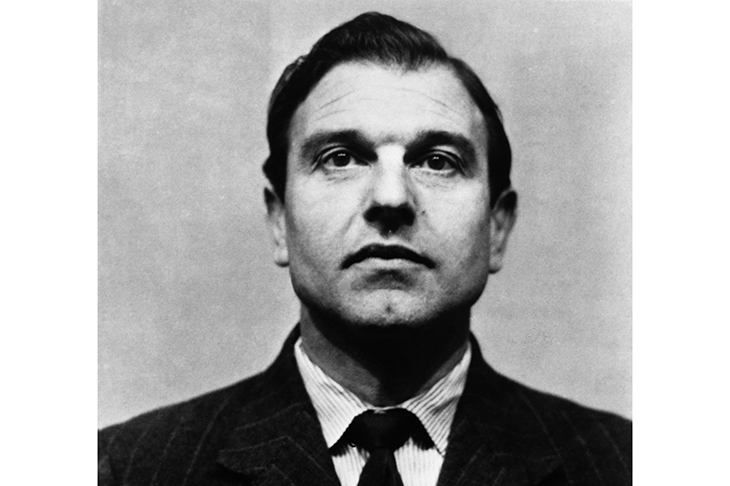Kim Philby once remarked to the journalist Murray Sayle that ‘to betray, you must first belong. I never belonged’. Kim, as usual, was lying. Westminster and Cambridge, the Foreign Office and SIS: for all his attempts to pose as an outsider, Philby was a thorough-paced member of the British Establishment. George Blake — who is quoted using exactly the same phrase about himself in Simon Kuper’s wise, engaging biography The Happy Traitor — was telling the truth. Blake never belonged to a country, and communism was probably the closest thing he ever found to a spiritual home — even if he was deeply disillusioned by the reality of the workers’ paradise when his espionage career ended in exile in Moscow.
He was born George Behar in Rotterdam to a Jewish father and a strictly Protestant Dutch mother. His father, Albert, originally from Constantinople, had acquired a British passport after service with the British Army on the Western Front and named his only son after the King. Aged 13, George discovered his father’s religion only after his death. He was then sent to live for a spell with wealthy relatives in Cairo — who included the charismatic future communist, anti-colonial activist Raoul Curiel.
Blake came early to clandestine life. The outbreak of the second world war caught him back in the Netherlands. At 17, he began carrying messages across Holland for the Dutch Resistance on his bicycle. When life became too dangerous he staged a spectacular escape — his first, but by no means last — across Occupied France and Spain to England, where he volunteered for the Royal Navy. Headhunted by the nascent MI6 for his polyglot skills and proven anti-Nazi pluck, he was sent first to Cambridge to study Russian and then to Korea. Again war caught him out, and he and a handful of unlucky Brits endured a hellish two-year internment.








Comments
Join the debate for just £1 a month
Be part of the conversation with other Spectator readers by getting your first three months for £3.
UNLOCK ACCESS Just £1 a monthAlready a subscriber? Log in